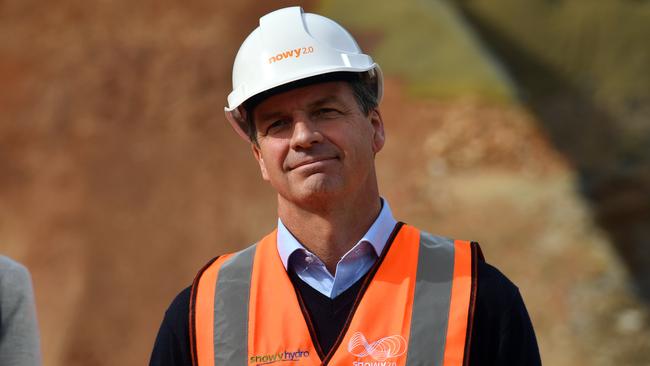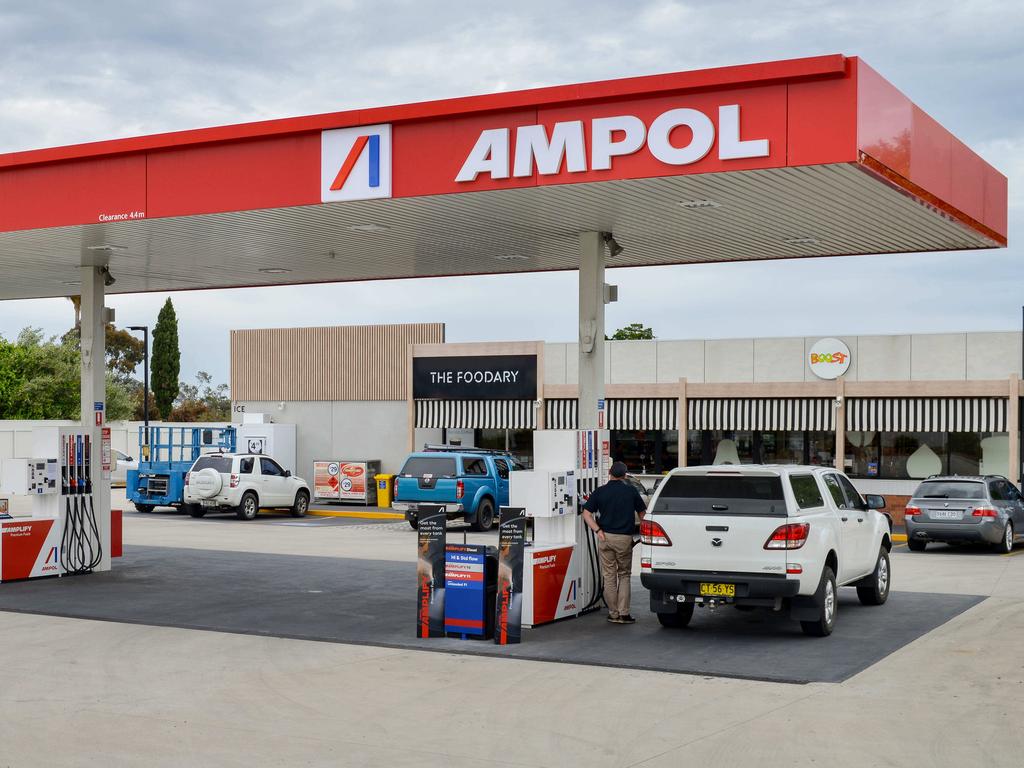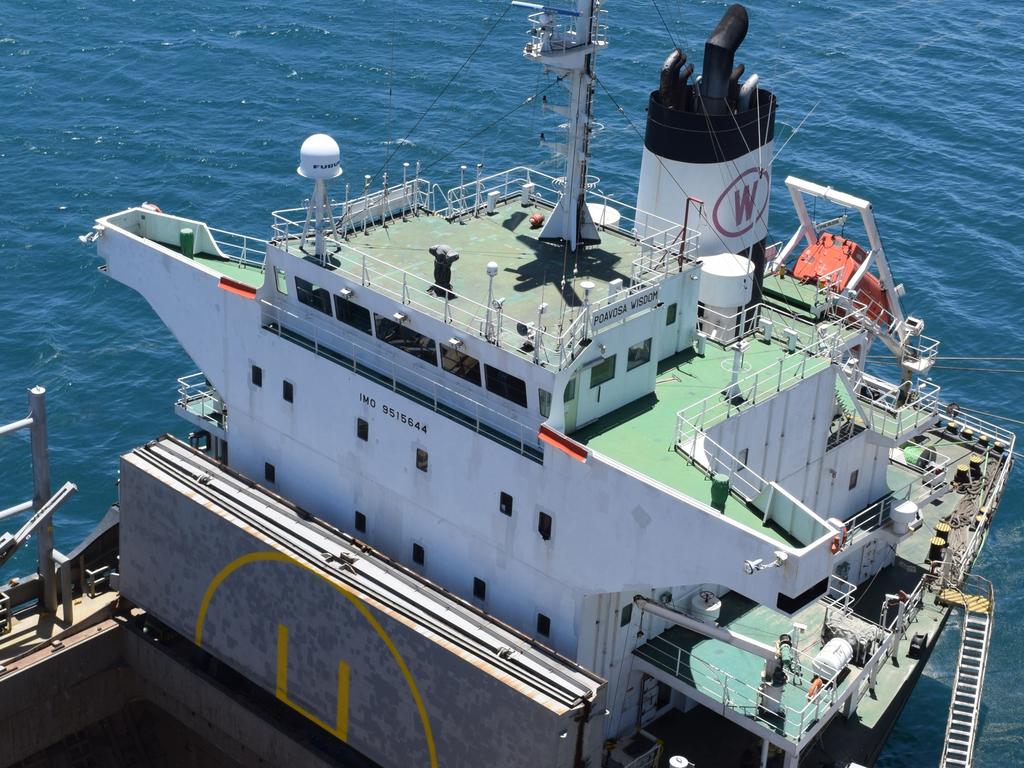Refinery rescue deal to safeguard fuel stocks
Australia’s last oil refineries are set to receive $83.5m under a six-month rescue package to safeguard national fuel security.

Australia’s three remaining oil refineries will get immediate support to keep operating under an $83.5m, six-month rescue package to safeguard the nation’s fuel security.
Energy Minister Angus Taylor will unveil the measure on Monday, bringing forward support announced in the September budget that was scheduled to flow from July 2021.
The move follows weeks of talks with refinery operators and unions, who had warned that plants could be forced to shut amid mounting losses.
The refineries will receive at least 1 cent a litre for petrol, diesel and jet fuel they produce from January 1.
The grant funding will help carry the refineries through until the middle of next year, when a legislated, long-term market mechanism will be put in place to supply the subsidy.
“The production payments will help the industry withstand the economic shock of this crisis, protecting local jobs and industry, bolstering our fuel security and shielding motorists from higher prices,” Mr Taylor said.
He will announce the support, which will be included in this week’s Mid-Year Economic and Fiscal Outlook, at Geelong‘s Viva plant on Monday.
Ampol’s Lytton facility in Brisbane and ExxonMobil’s Altona refinery in Melbourne will also receive the production payments.
All three were facing potential closure amid a plunge in global fuel demand during the COVID crisis.
BP announced in October it would close its Kwinana refinery in Western Australia, leaving the entire west coast to rely on imported fuel and raising fears over the future of its east-coast counterparts.
The payment is based on calculations that show if all refineries left the market, wholesale prices would jump by 1c a litre for Australian fuel users.
To receive it, refineries must agree to continue to operate for the duration of the program and maintain an “open book”, allowing the government to monitor their financial operations.
“The long-term market mechanism for the production payment will come into effect no later than 1 July, 2021,” Mr Taylor said. “The government is continuing to work with industry to finalise the market mechanism design in the coming months.”
The government has also allocated $200m in grants to build an additional 780 million litres of onshore diesel storage and created a new minimum stockholding obligation for key transport fuels.
Scott Morrison warned in September the economy was underpinned by fuel security.
“The events of 2020 have reminded us that we cannot be complacent. We need a sovereign fuel supply to shield us from potential shocks in the future,” the Prime Minister said.
Under International Energy Agency protocols, nations should have 90 days of oil supplies in reserve. The latest Australian petroleum statistics show the nation has 35 days of “consumption cover” in crude oil and refinery feedstocks, and an average 31 days of supplies across all fuel types.
Australia purchased $94m of crude oil at record low global prices for storage in the US Strategic Petroleum Reserve in case of global emergencies.
National security consultant John Blackburn warned at a recent parliamentary inquiry on the impacts of COVID-19 on Australia’s foreign affairs and defence that “buying oil stocks to stick in a cabin in America is not going to do anything for our domestic oil or fuel security”.
Three Australian refineries, in addition to BP’s Kwinana operation, have shut since 2012. The remaining plants produce less than half of the country’s fuel needs, with most imported from bigger facilities in Singapore, South Korea and Japan.








To join the conversation, please log in. Don't have an account? Register
Join the conversation, you are commenting as Logout